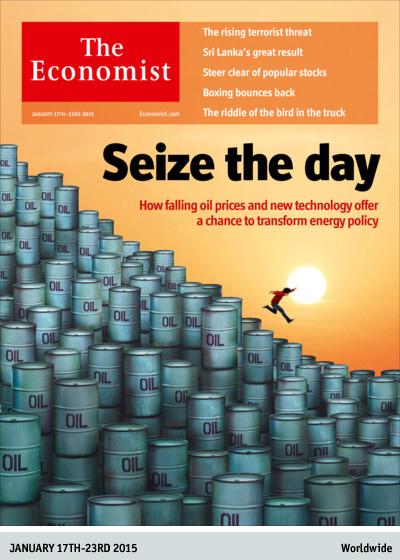When we all started getting familiar with something called a "novel coronavirus," experts, who were way ahead of us and on top of a hill looking into the future, told us that eventually vaccines will be the only way out of the global pandemic.
A year ago, we knew that we will need vaccines to deliver us from the pandemic into some kind of normalcy.
Right?
Pharmaceutical companies also knew well about the money to be made from vaccines that could beat back COVID-19. So, their scientists set out on the expedition, and amazed the world with the speed at which they developed, tested, and produced the vaccines.
What I don't understand is this: Why didn't governments, especially in affluent countries, offer all the needed dollars and euros in order to rush the production of billions of doses that can vaccinate the entire world?
Because big-pharma will make lots of money in the process?
Think about this: Isn't vaccinating the world worth the money?
Think about this also: The world's most profitable company is not a pharmaceutical giant. Nor is it a fossil fuel company (if you set aside the strange monster that Saudi Aramco is.) It is Apple.
Apple is one hell of a profit-generator:
Apple said on Wednesday that its profits more than doubled to $23.6 billion in the most recent quarter as people embraced its latest iPhones and bought more of its other products, striking results for what is already the world’s most valuable company.
Apple said its revenues soared by 54 percent to $89.6 billion, a record for the March quarter that meant Apple sold more than $1 billion on average each day.
Now, think about the massive profits earned by Apple versus the much lower profit rate that Pfizer earns from the Covid vaccine. Which profit-maker is more important and valuable to humanity? (BTW, I have been complaining about Apple and its puke-inducing profits for a long time. Like this post from 2013)
We humans have a twisted relationship with vaccine development. While we want to enjoy the benefits of vaccines, we don't want vaccine developers to profit from it. Yet, we willingly fork over money to companies like Apple that don't deliver anything comparable to what vaccines do for our wellbeing.
On top of that, given the cost of vaccines, while we in the rich countries get the shots for free, without ever pausing to wonder who pays for the vaccine and its distribution, those in the poorer countries of the world are left to fend for themselves.
“It’s a moral issue,” said Boston Zimba, a doctor and vaccine expert in Malawi, which has vaccinated only 2 percent of its people. “This is something rich countries should be thinking about. It’s their conscience. It’s how they define themselves.”
To me, the solution is simple and is an expression of humanity: Pay the pharmaceutical companies that have already developed the COVID vaccines all the money they need in order to produce vaccines for humans everywhere. And underwrite the expenses for the logistics of vaccine distribution. Because, merely waiving patent protections doesn't do a damn thing to begin production at, say, Ghana!
At the very least, do not complain about vaccine developers earning profits, even as big tech's profits dwarf other companies and even the economies of most countries!




